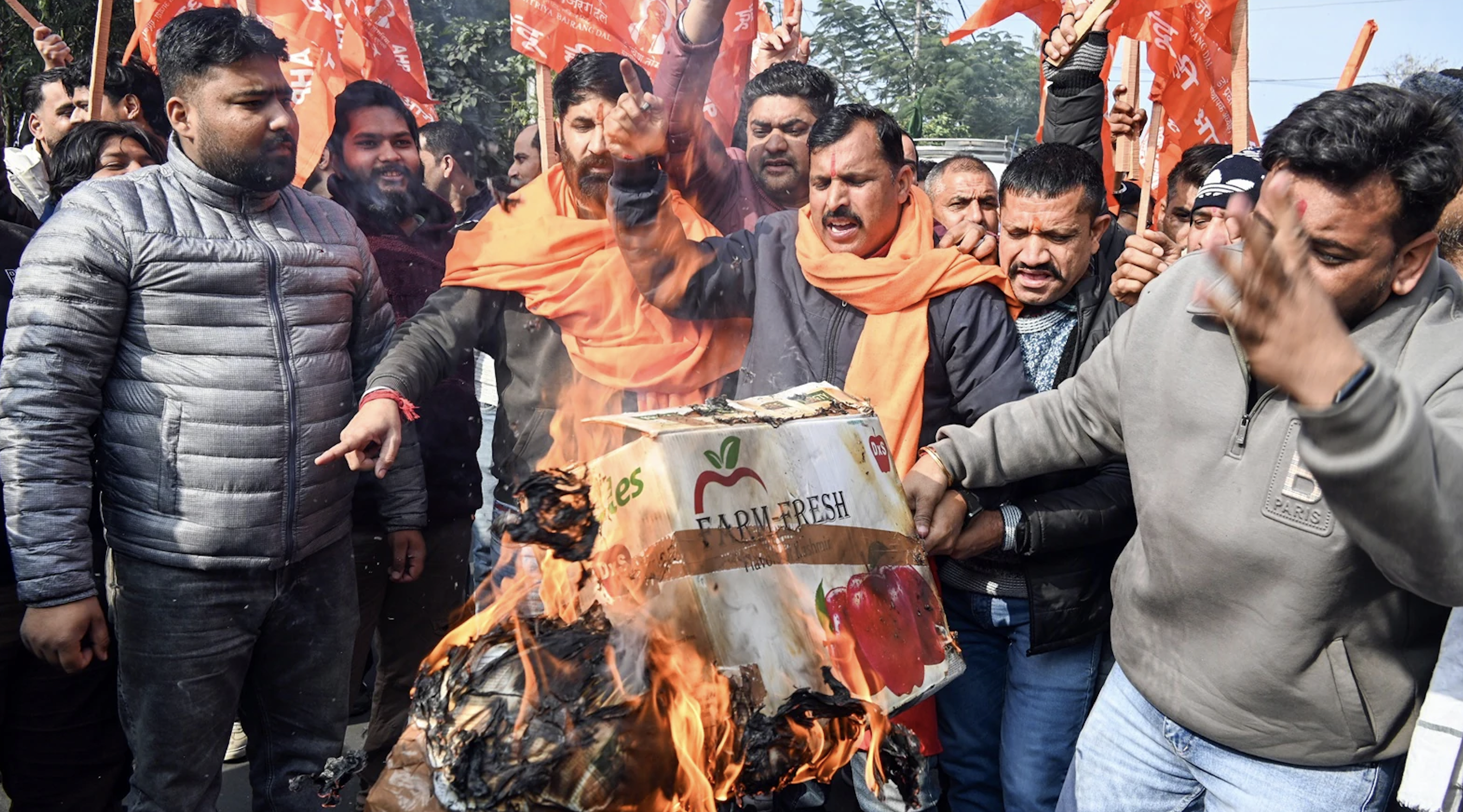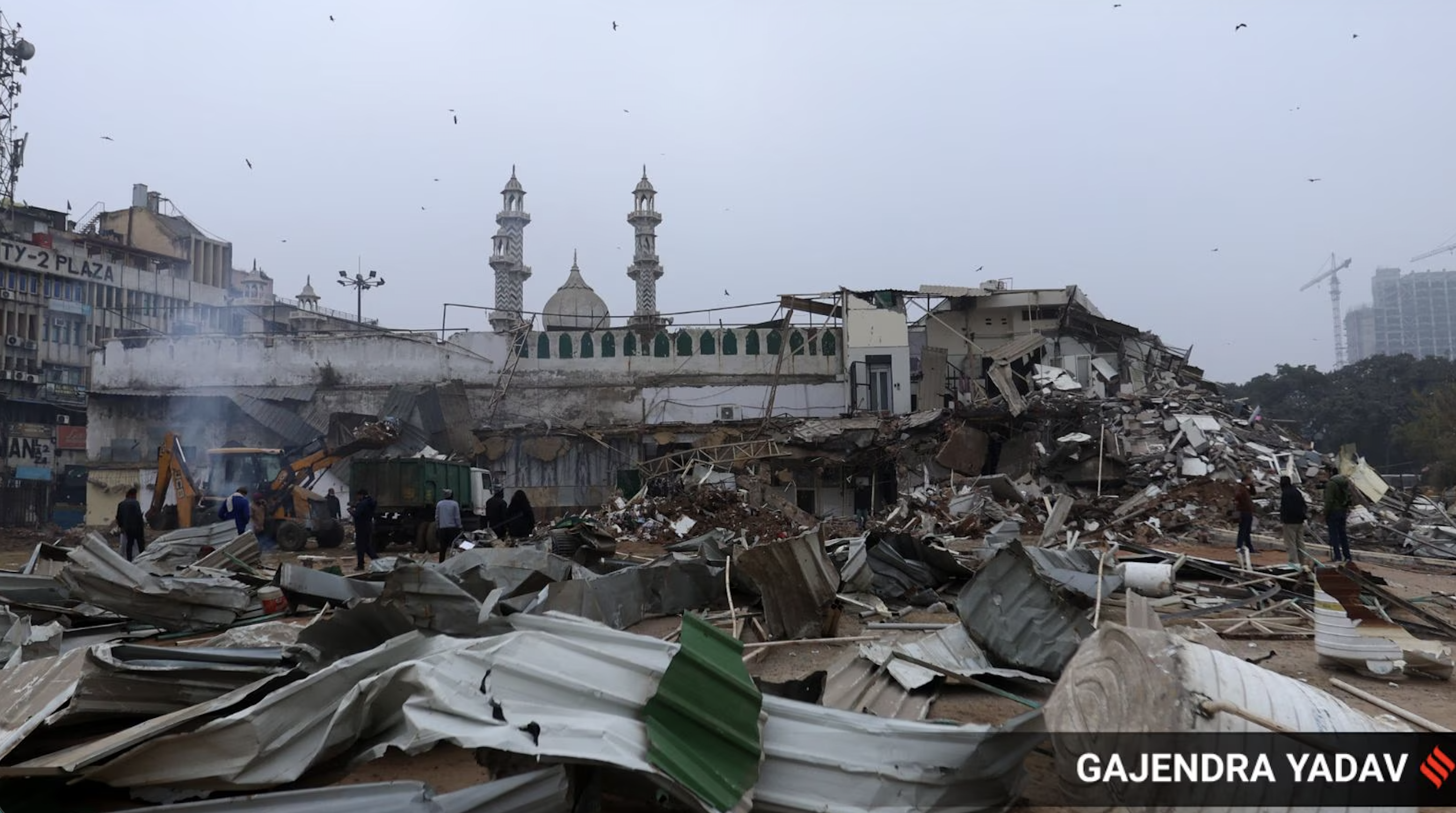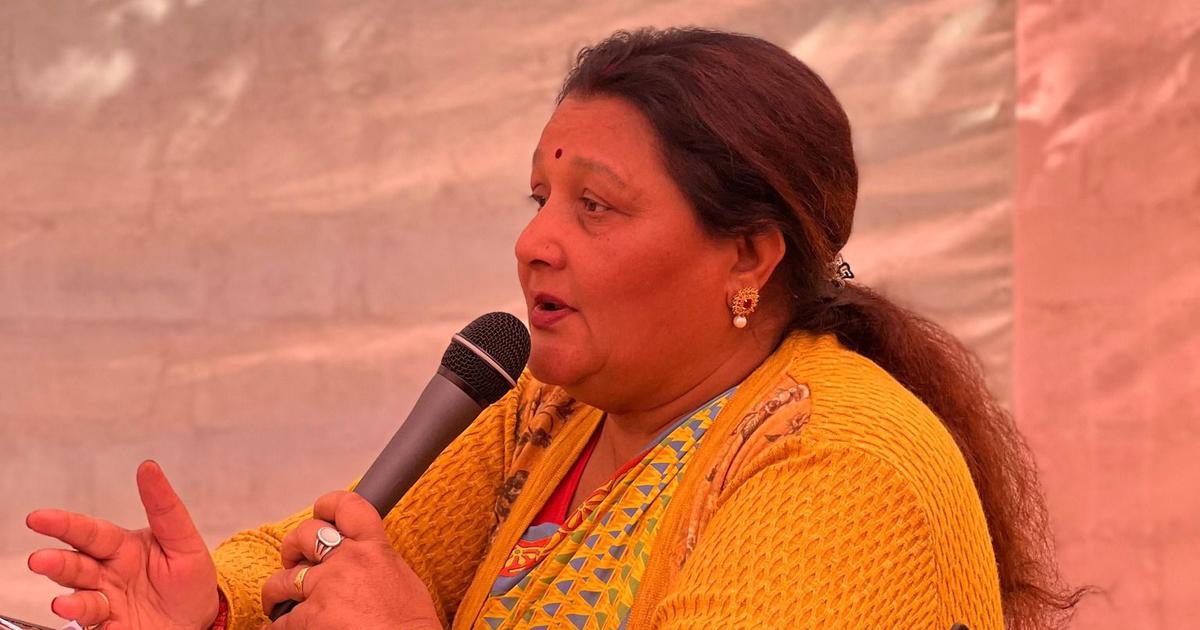My encounter with Atal Behari Vajpayee was after the demolition of the Babri Masjid. I had begun to testify in different inquiries. As an eyewitness to the demolition I had seen how the BJP leaders had deliberately flouted laws and encouraged others to do so as well. I was also testifying about the physical assaults on me by the Kar Sevaks.
Mr TVR Shenoy, a fellow journalist, phoned me and said ‘Vajpayee ji wants to meet you for a cup of tea’. When I went, Atal ji asked me to stop speaking in public, including in courts, about what had happened to me. He said, “You are a girl from a good family, you should not speak about what happened to you.” I replied that I would stop speaking if he would publicly apologize on behalf of his party. He said he could not do that. I said, in that case, I cannot drink your cup of tea.
I left.
He went on to become India’s Prime Minister.
When he died last week, people kept eulogising about how he was the benign face of the BJP and that he was against the demolition of the Babri Masjid. My memory served me otherwise.
He was trying to cover up the RSS/BJP’s role in the Babri Masjid demolition. He had actually tried to stop me from testifying against them. At that time, the BJP and RSS feared that they would be banned for their role in the demolition and the murders and mayhem thereafter. They had faced the brunt of an earlier ban for the assassination of Mahatma Gandhi.
I also wanted to remind the eulogisers that Vajpayee shared the same patriarchal values as the RSS and BJP. He has used the age-old patriarchal method of silencing women, on me: that ‘girls from good families’ should not speak about what had happened to them. It’s their shame.
Who Decides Cultural Codes?
I decided to tweet and Facebook this anecdote, to balance all the unmitigated praises being heaped on him. While many friends reinforced what I had said, from their own experience, others challenged my anecdote, saying it could never have happened. When I pointed out that this anecdote was documented in the various inquiries into the Babri Masjid demolition, possibly listed under the heading ‘witness intimidation’ they changed their tune.
They then flip-flopped to say I should not criticize such a big leader, that in our culture we did not speak ill of the dead, and if we did, not so soon.
I worry about this culture. Vajpayee is no more, but the patriarchy and the dishonesty he stood for, lives on. I wonder who writes these codes? What is culturally appropriate? Why should ‘good girls’ from ‘good families’ not speak up? Why should one not speak ill of the dead? What is the appropriate time to speak ill of the dead? Who decides the time? What is culture and what is not?
After all culture is what we create, codes are what we write. I am the child of a modern, democratic culture. Democracy is run on debate, not silence. The death of public figures in politics are political public moments. Eulogising a leader is as much a political act as critiquing him. Their actions and the stories woven around them impact living people, after they are dead. Modern-day psychologists would likely agree that it is important not to whitewash past events, as the actions of the dead may not be able to physically harm us anymore, but certainly can continue to do so mentally.
In fact, we would have no recorded history at all if we did not evaluate leaders after their death.
We would live in a shroud of lies, in a wasteland of deadening silence, no ideas, no thoughts, no desire to improve and make things better.
The fact that my constructive comments were taken as personal dislike or as personal attacks speaks of a new culture that is being created. A culture where all debate and exchange of ideas will end. A culture where false images will be created in the name of values. A culture where, ‘culture’ will be used to silence women, dissidents, intellectuals, minorities, caste groups.
Patriarchy & the RSS
This is how the patriarchy of the RSS is getting normalised. It is very much like the patriarchy in Germany which finally led to Fascism. Women were told to stay silent in the name of patriotism and culture, even as they saw the slow erosion of their rights –they saw women being jailed for abortions, they saw the establishment of hostels for 15-year-old girls to be raped, to give birth to ‘Nazi babies’ (Lebensraum), they saw inter-race and inter-religious marriages being banned, they saw women told to give up their paid jobs for men, and finally they saw many women being cooked in gas chambers – for all of the above.
They were told it was not appropriate, or why raise uncomfortable questions – Hitler was trying to rebuild the nation, after all. If we do not end the wah-wah culture and meet what is staring us in the eye, our future too may be bleak.
I would rather follow an alternative formulation, suggested by Christopher Hitchens (who loved speaking ill of the dead): “Never say anything nasty about the dead that you weren’t brave enough to say while they were alive. Everything else is fair game.”
This story first appeared here.






